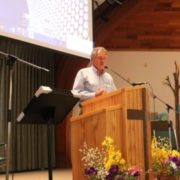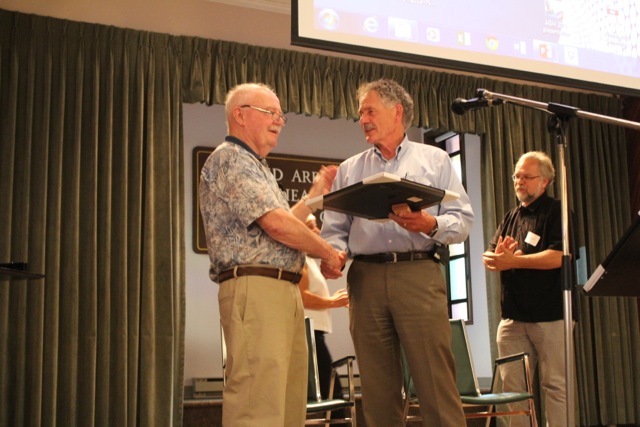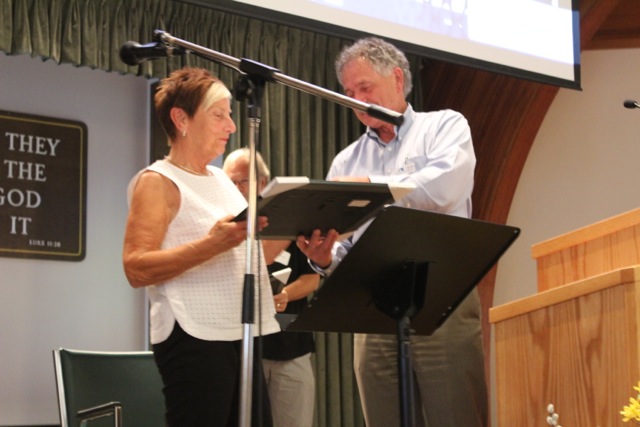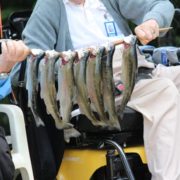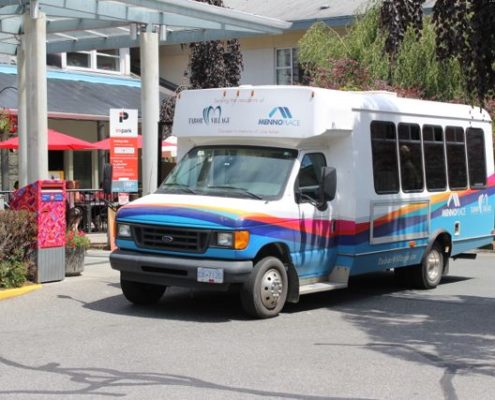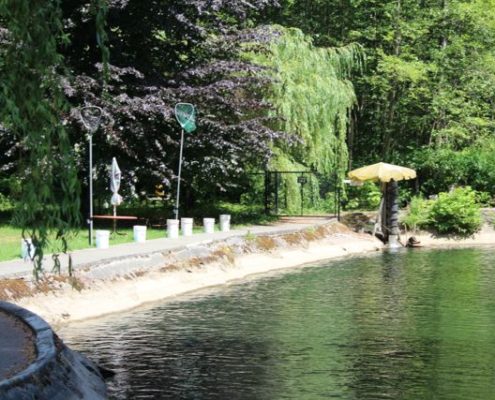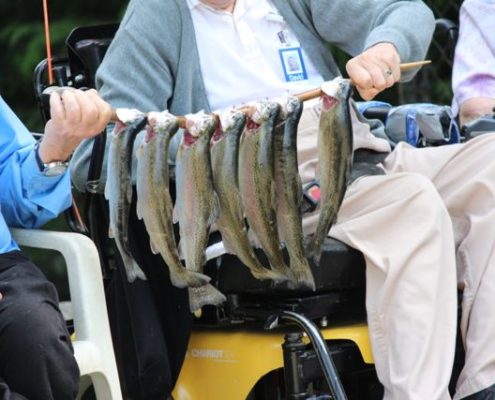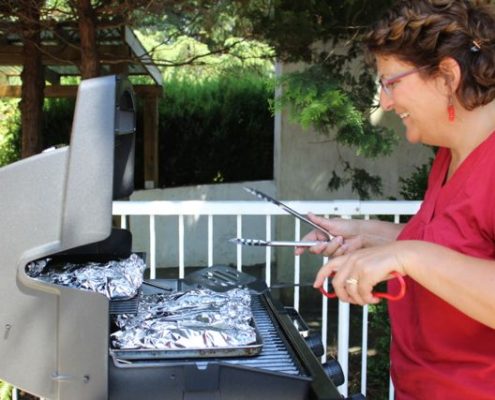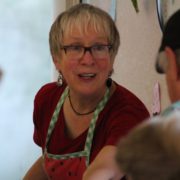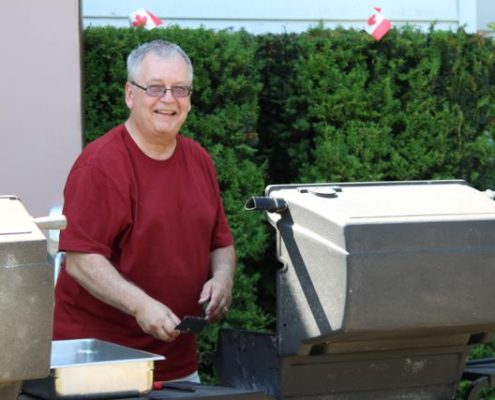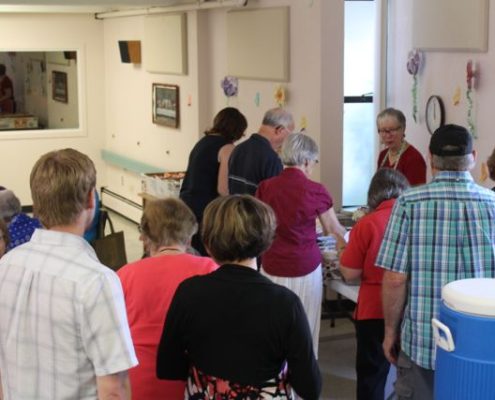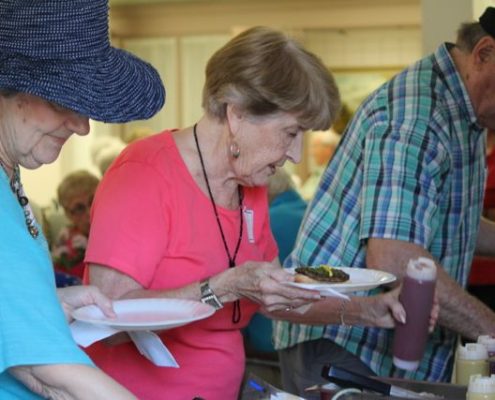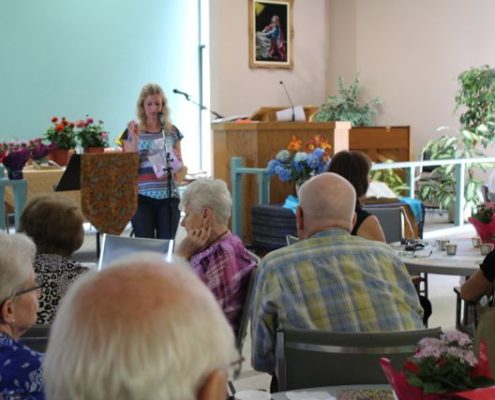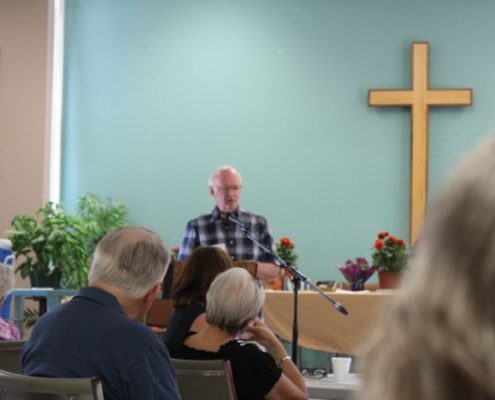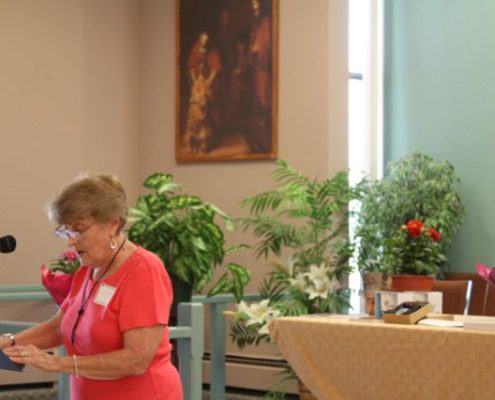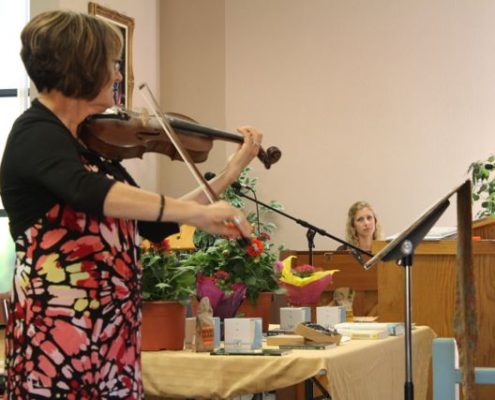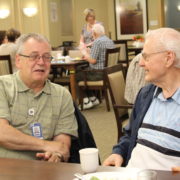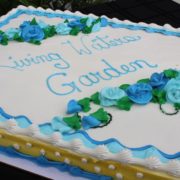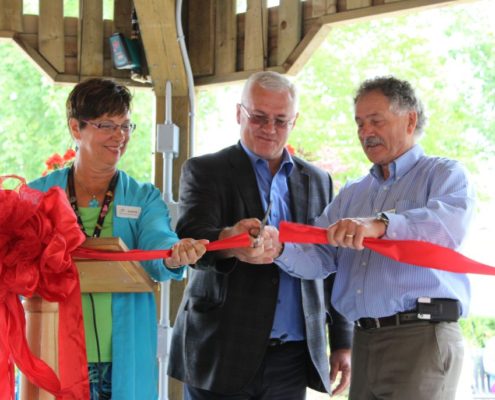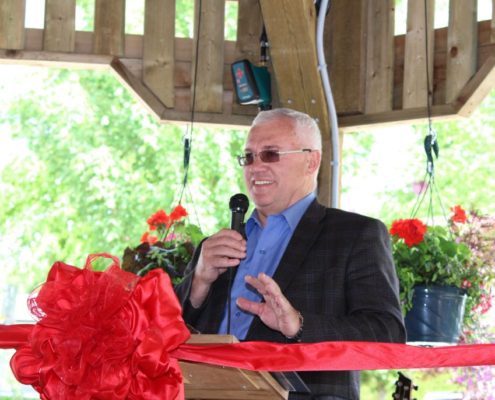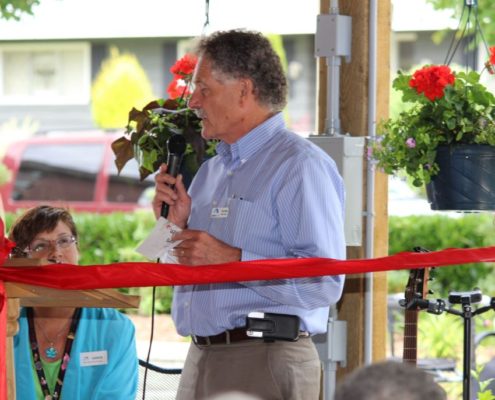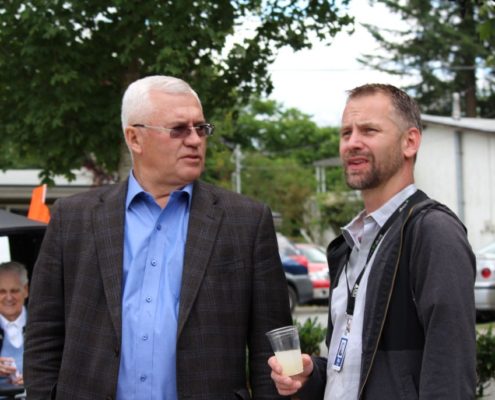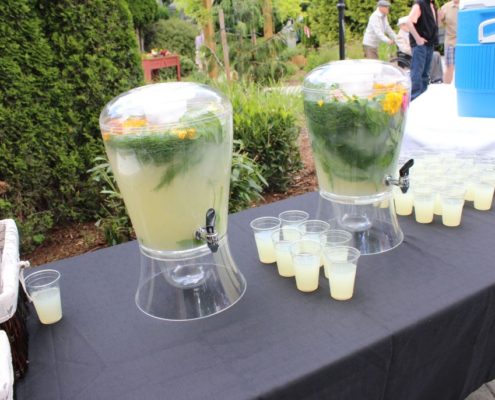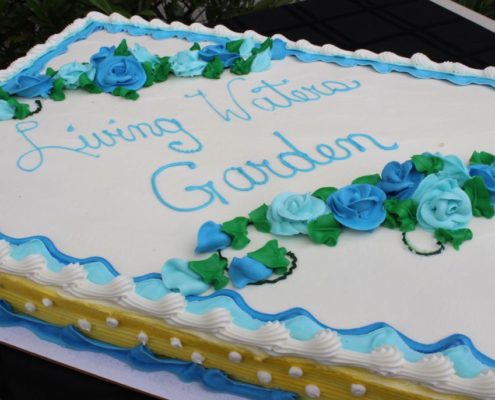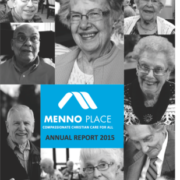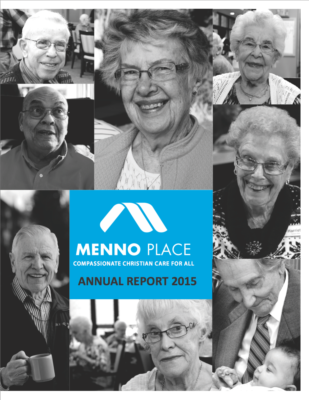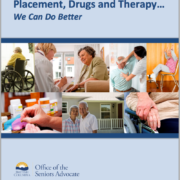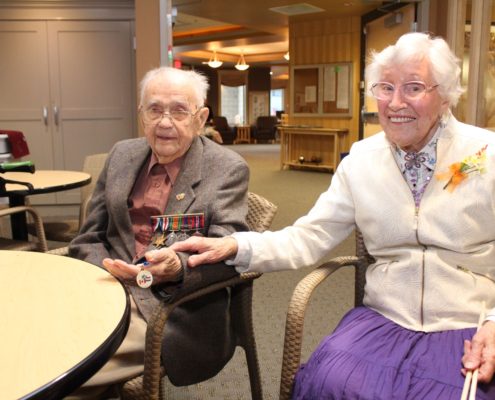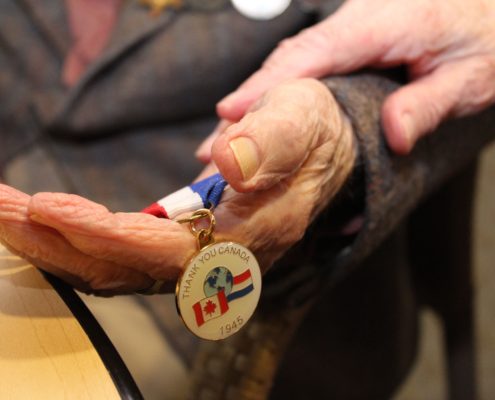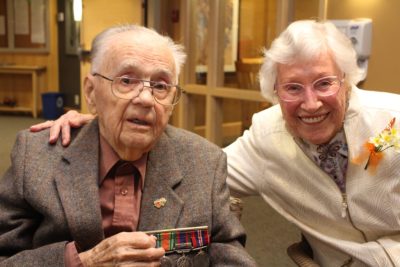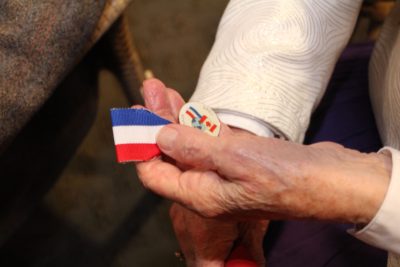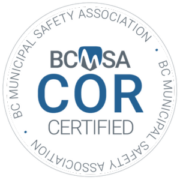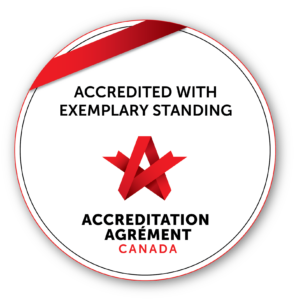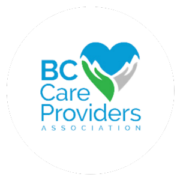Isobel Mackenzie, BC’s Seniors Advocate recently released her third report entitled Placement, Drugs and Therapy … We Can Do Better outlining three findings that identify systemic issues in the care of 25,000 seniors who are living in residential care or receiving home care in British Columbia. Issues identified by the Office of the Seniors Advocate (OSA):
- Premature admissions to residential care (still capable of living independently)
- Use of antipsychotic medications and anti-depressants
- Percentage of seniors who received therapy (recreational, occupational, speech-language, physiotherapy) in the past 7 days
How is Menno Place responding to the concerns raised by the Seniors Advocate?
It is important to thank our Seniors Advocate for her candid and poignant report using InterRAI data (see below) that has recently become available for this type of analysis. She identified issues that we have been working on at Menno Place for some time. Her advocacy for seniors will encourage provincial and regional conversations and initiatives. It will also encourage increased individual advocacy of those who love a senior in residential care. We welcome all levels of advocacy as this provides evidence for improvement and is in line with our model of person-centred care.
1. Inappropriate Placement in Residential Care
Menno Place works together with the Fraser Health Authority to ensure that residents who move in fit the parameters of residential care and benefit significantly from the support that is offered at Menno Place.
Menno Place offers a full spectrum of care with 347 Residential Care beds, 40 Fraser Health subsidized Assisted Living Apartments, 38 Private-Pay Assisted Living Apartments and 232 apartment suites for Independent Living with support. This Campus-of-Care model supports appropriate levels of care for residents and tenants. There are multiple care options available for seniors who live on the Menno Place campus.
2. Use of antipsychotic medications and anti-depressants
Antipsychotic Medications
Menno Place is a member organization of the BC Care Providers Association (BCCPA). BCCPA members care for over 11,000 seniors in residential and assisted living in British Columbia.
In 2013, BCCPA issued the report, Best Practices Guide for Safely Reducing Anti-Psychotic Drug Use in Residential Care. The Seniors Advocate referenced this as a commendable effort and as an example of how the overuse of antipsychotic drugs is already a major concern in the industry. Residential Care facilities, like Menno Place, are actively working to reduce the overuse of antipsychotic drugs and are among those who have seen a reduction from 50% of residents prescribed an antipsychotic in 2010/11 to 34% in 2013. We continue to work on reducing and anticipate further decreases through 2014 and 2015.
The Seniors Advocate notes in her report that the reduction in anitpsychotic drug from 50% – 34% is laudible, but is still higher than other provinces. We appreciate her acknowledgement of the efforts that residential care providers in British Columbia have already made great strides forward in this area.
Initiatives to reduce the use of antipsychotic drugs at Menno Place include:
- Participation by one of our medical directors (doctor) in the collaborative initiative, Call for Less Antipsychotics in Residential Care (CLeAR) spearheaded in June 2013 by the BC Patient Safety Quality Council. Through this initiative, the medical director in collaboration with the health care team brings best practices to Menno Place.
- Exemplary standing with Accreditation Canada which includes following the Required Organization Practice (ROP): Medication Reconciliation at Care Transitions. This required practice involves the resident, family or caregiver (as appropriate) and the clinical team to generate the Best Possible Medication History (BPMH) for each resident, enabling the organization to reconcile medications. We use this opportunity to identify overuse of multiple prescriptions (polypharmacy) or antipsychotics drugs.
- Recognition that some residents are already be on prescribed anti-psychotic medications upon moving into Menno Place. Care plans include the Fraser Health Reducing Risks of Polypharmacy Initiative. This involves assessing if a prescribed drug can be changed to one with fewer side effects, decreased or discontinued.
- RAI assessments for each resident are done quarterly. These assessments give opportunity to assess appropriate medications as well as the reduction of antipsychotic medications. These are done more frequently if there is a significant change.
- Recent access to the InterRAI data is allowing us to benchmark our indicators, identify issues, analyze, compare with others in our field and make evidence-based improvements.
Use of anti-depressants
Menno Place recognizes that one of the most common mental health problems among our residents is depression.
Initiatives to reduce the use of anti-depressants at Menno Place include:
- Active recreation therapy programs (see recreation calendars for details), which includes a wide variety of interactive and entertainment options. Residents are encouraged to participate in pet visits, Concerts in Care, birthday parties, resident council meetings, bus trips and a wide variety of daily activities.
- Our extensive volunteer program (more than 250 volunteers giving 12,000 hours) engage residents in conversation, games and transport to activities.
- Music therapy and ballet therapy provide significant opportunities for residents to engage in life-giving arts-based therapies.
- Our Music Project is an initiative to provide residents with mp3 players to listen to favorite music, sing along and experience the profound positive benefit of personalized music.
- Our latest Garden Project (the size of a residential lot) will open in Spring 2015 – with benches to relax, water features and a beautiful gazebo. It complements our secure 1-acre courtyard, our secure-unit garden and our secure west garden.
- Spiritual care is a focus at Menno Place providing residents with opportunities to express and expand their faith including one-on-one visits, chapel services, special programs, hymn sing-a-longs and regular Bible Study groups. This has proven to be a great source of hope and vitality.
3. Providing Rehabilitative Therapy for Residents
With respect to the need for an increase in physiotherapy, occupational therapy, speech therapy and recreational therapy, we welcome any additional funding for these therapies that may result from the Seniors Advocate’s report. We invite the OSA to consider the addition of music therapy to this list of vital services for seniors. New research and initiatives, such as Music & Memory have seen remarkable re-awakenings among those who suffer from dementia. Our own initiatives with music therapy (one-on-one and in groups) as well as music-based programs such as Concerts in Care have proven to bring considerable benefit to our residents.
For most residential care facilities, as it is with Menno Place, our government funding is the primary hurdle to providing extensive rehabilitative therapies. Funded at less than the rate of inflation, we are constantly working to balance our budget. Greater funding for rehabilitative therapies would open the door to significant benefits for our residents.
What can you do if you have questions about the prescriptions of your loved one who lives at Menno Place?
Here are some steps that will help you to understand the individualized care that your loved one is receiving at Menno Place:
- Identify if you have permission to be involved in the health care decisions of your family member. We can only discuss medical information with the resident or their designated alternate substitute decision maker
- Book a meeting with the Director of Care (DOC). The DOC provides direction, leadership and best practices to the nursing and care teams in a residential care facility. If you can meet in person, that is preferred.
Menno Home Director of Care: Cyndy Gabriel
Phone Reception to book an appointment: 604.853.2411
Menno Hospital Director of Care: Tami Johnson
Phone Reception to book an appointment: 604.859.7631
How did the Office of the Seniors Advocate Gather Information for this report?
Information gathered through RAI-MDS
In her report, the Seniors Advocate shares initial health assessment data gathered through the InterRAI Resident Assessment Instrument – Minimum Data Set 2.0 (RAI-MDS 2.0), also referred to as “RAI” (pronounce ‘rye’). Each resident assessment data is submitted to the Canadian Institute of Health Information, “CIHI” (pronounce ‘kye-high’).
This information gathered from each resident prior to entering a care facility (and done quarterly or when there is a significant change) forms the data-set upon which we can create benchmarks, comparisons by province and care facility as well as note national, provincial and regional trends.
The InterRAI Resident Assessment has been used in BC since 2009 but it hasn’t been until recently that this comprehensive data gathering provided The Office of the Seniors Advocate (OSA) with the benchmarks and cross-country comparisons used in the report. We have also recently gained access to this same data-set that compares residential care facilities across the province. We welcome this ability to benchmark in our field.
Resources
BC Seniors Advocate Reports

